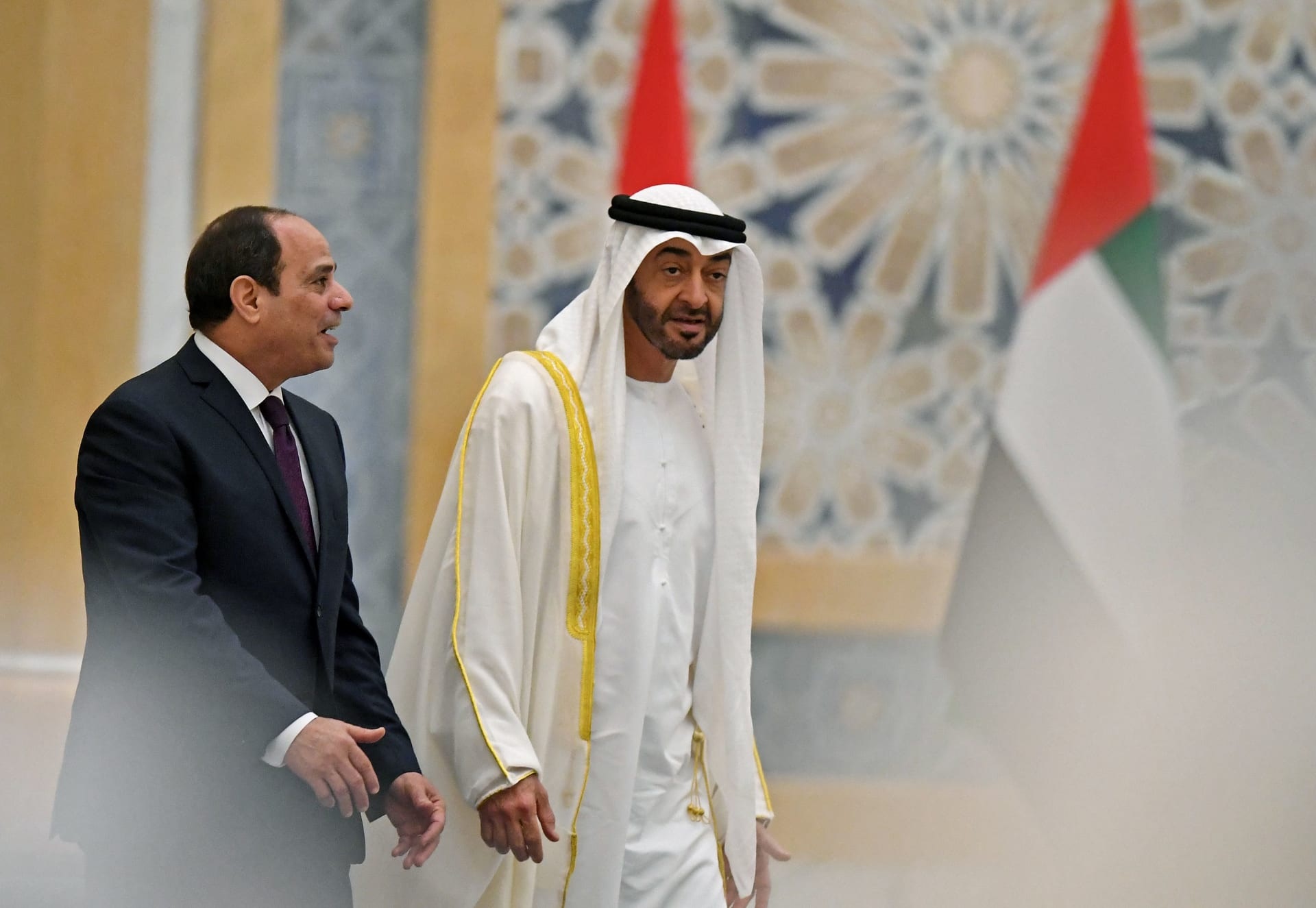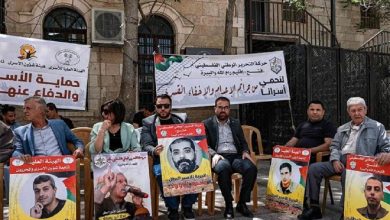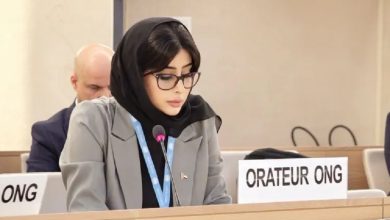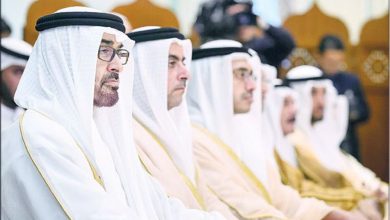Decoding Egypt’s Economic Strategy: The Intrigue of the Ras El Hikma Deal and its Global Impact

Watan-Ever since Egyptian Prime Minister Mustafa Madbouly announced the signing of an investment partnership agreement with the UAE regarding the city of Ras El Hikma west of Alexandria, significant questions have arisen about the timing, especially as the regime of Abdel Fattah el-Sisi, according to observers, faithfully serves the interests of the Israeli occupation in Rafah.
Ras El Hikma, an area belonging to the Governorate of Marsa Matrouh, contains several hotels owned by businessmen and major companies in Egypt, including projects for well-known companies currently under implementation.
Madbouly mentioned during his narration of the deal’s details that the UAE would relinquish its foreign deposits in the central bank, amounting to about $11 billion. What lies behind all these concessions?
Egypt suffers from an economic crisis characterized by a chronic shortage of foreign currency, leading to continuous pressure on the Egyptian pound, government spending, and local companies.
ضع صفقة #رأس_الحكمة الحكم بجوار خريطة معسكر التهجير وبناء السيسي لسور للمنطقة
وستتضح الخيانة والعار#السيسي_مشارك_في_الابادة #السيسي_خاين pic.twitter.com/2EYdeSPu6N— تيم المرابطون ✊ (@morabetoooon) February 23, 2024
Inflation soared to record levels last summer, while debt burdens continue to rise, exacerbated by the shortage of foreign currencies due to declining revenues from the Suez Canal following Houthi attacks in the Red Sea.
What is the relationship between the Ras El Hikma deal and the siege of Gaza and the relocation plan?
Many analysts assert that this suspicious deal’s surface appears to be an investment partnership, but beneath it lie many things related to the siege of Gaza and tightening the noose on Palestinians, who have been gathering at the borders in dire humanitarian conditions for weeks.
Some observers suggest that the UAE is merely a front for Israel and America in this matter, with some mentioning that “the Emirates have acquired around two or three banks in Egypt and about 39% of a number of historical and major Egyptian hotels through partial acquisition of the Icon Company owned by Hesham Talaat Moustafa.”
They further noted that Abu Dhabi also acquired “the government’s stake in Ezz El Dekheila Company, 27% of the Egyptian Ethydco Petrochemicals Company, 24% of the Egyptalum Company for producing gasoline derivatives, and 23% of the Egyptian drilling company affiliated with the Egyptian Ministry of Petroleum.”
كيف يستخدم المجتمع الدولي #الاقتصاد و #القروض و الصفقات الاستثمارية للضغط على #مصر للمشاركة في حصار وتجويع #غزة؟
وهل مصلحة مصر الاستراتيجية في مساعدة #إسرائيل على القضاء على المقـ.ـاومة؟#الصفقة_الاستثمارية_الكبرى #الإمارات #رفح #السيسي #الدولار #هشام_طلعت_مصطفى #رأس_الحكمة pic.twitter.com/eb679UYnlv— Mourad Aly د. مراد علي (@mouradaly) February 24, 2024
The total value of these deals reached $1.9 billion, in addition to the government’s share in CIB and also the purchase of Ras El Hikma for $35 billion in cash, meaning it’s immediate payment rather than deferred or in installments.
Some expressed astonishment, asking, “Does the UAE have all this liquidity when it faced financial trouble trying to rescue Dubai during the global financial crisis in 2008? Or are they acting as a facade for suspicious money, especially since they have a law allowing Israelis to obtain Emirati citizenship?”
They also wondered, “What are the consequences of one entity’s acquisition of all aspects of various activities in the Egyptian economy?”
All of this coincides with circulating reports about the relocation plan and pressure on the Egyptian regime to execute it by Israel and America, exploiting the catastrophic situation of the Egyptian economy and the crisis caused by Sisi’s failed policies.
الناس اللي فرحانة ببيع رأس الحكمة للامارات
هماهما اللي طبلوا لما سلمنا تيران وصنافير للسعودية
هماهما اللي زغرتوا يوم افتتاح ترعة قناة السويس
هماهما اللي هللوا في المؤتمر الاقتصادي
هماهما اللي رقصوا أمام اللجان
هما هما اللي رافضين نساعد غزة
هما هما اللي شمتوا في دم الشباب في رابعة— Waleed Sharaby (@waleedsharaby) February 24, 2024
This has led some to assert that the real price for saving Sisi this time is his initial acceptance of the relocation plan, which may be implemented in a malicious manner, as if it were done despite Egypt and at the request of the Egyptian people, in the event of a military operation in Rafah and the expulsion of displaced Palestinians to Sinai.
Struggling with information and figures
Prominent Egyptian journalist and writer Gamal Sultan tweeted about the confusion of numbers and information, whether among Egyptian and Emirati officials or even among Emirati and Egyptian media regarding the Ras El Hikma deal.
Sultan questioned, “Is $24 billion the value of the land in Ras El Hikma or the total project costs, and who will receive the land price? To the state treasury or the army? We do not know.”
ماهي حقيقة صفقة راس الحكمة الأخيرة بين دويلة الإمارات العبرية ونظام السيسي العميل، هي الثمن المباشر لصفقة التهجير لأهل غزة لسيناء فى الفترة القادمة، الاتفاق جرى سريا بين دويلة الإمارات والكيان المحتل والولايات المتحدة ونظام السيسي، ..1/ pic.twitter.com/OtipwPXTtt
— أركــان (@ar2aan) February 24, 2024
He also questioned, “What is Egypt’s share of the ‘cash’ it receives from the deal?”
This deal comes at a time when the International Monetary Fund is pressuring Cairo to sell state assets to finance heavy external debt installments due this year and to pave the way for the private sector and allow for flexible exchange rate movements.
Egypt had previously announced the sale of state assets to help finance heavy external debt installments due this year and to open the way for the private sector, within the framework of the financial support package signed with the International Monetary Fund.






